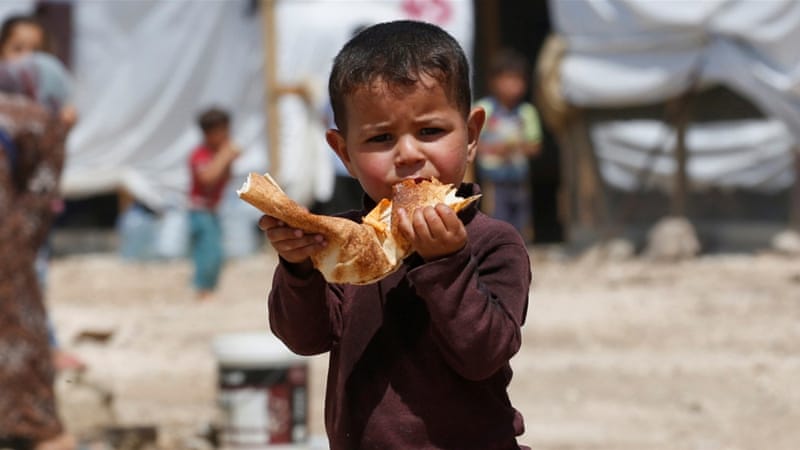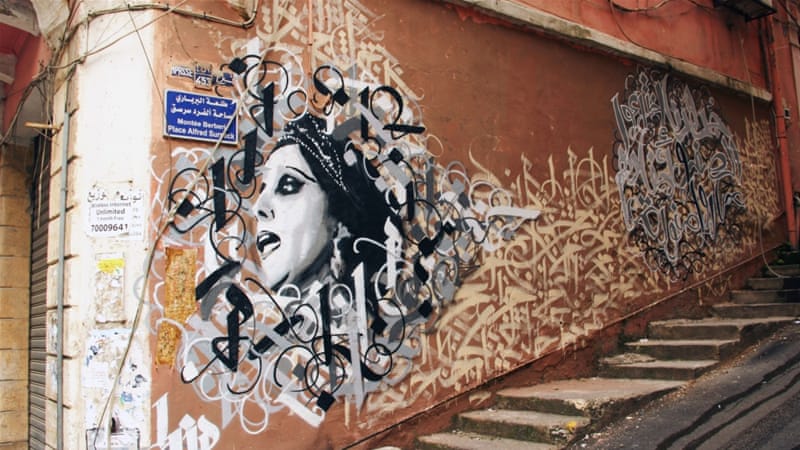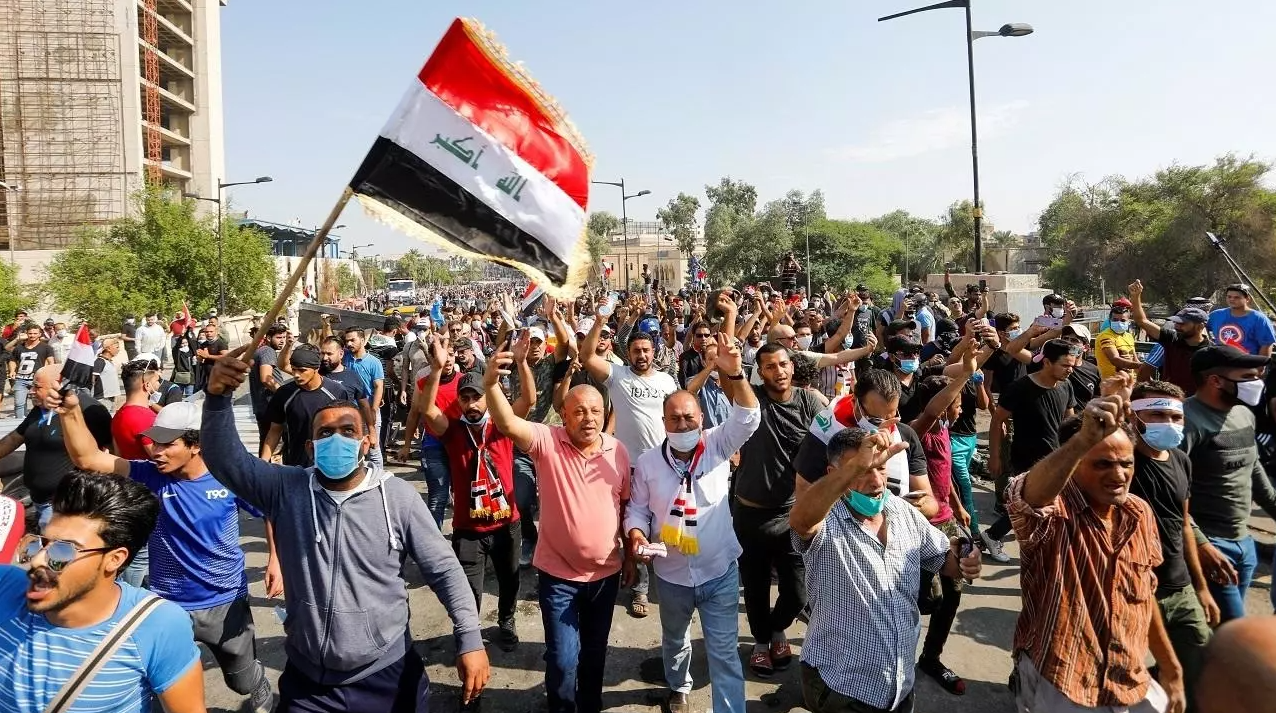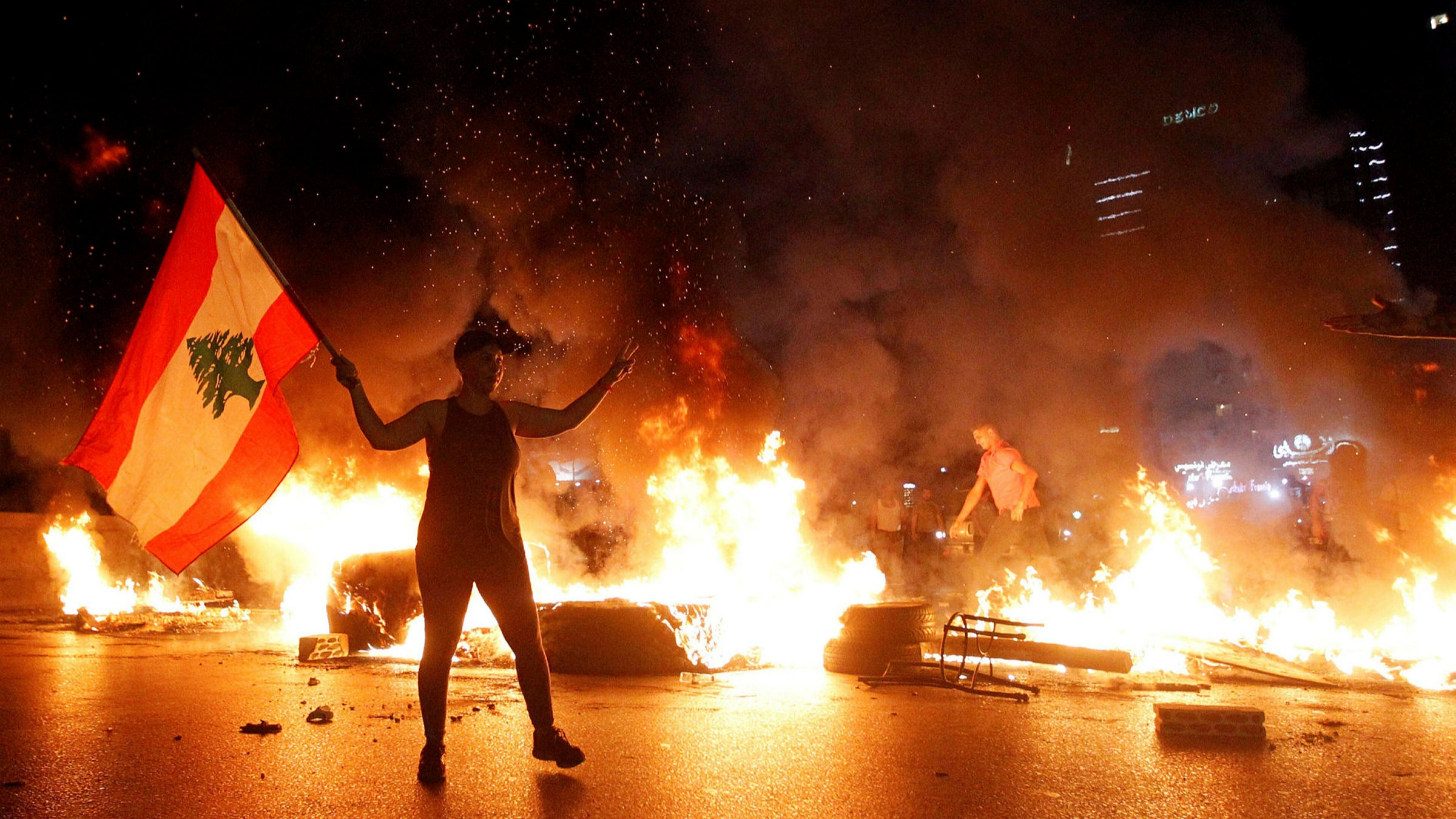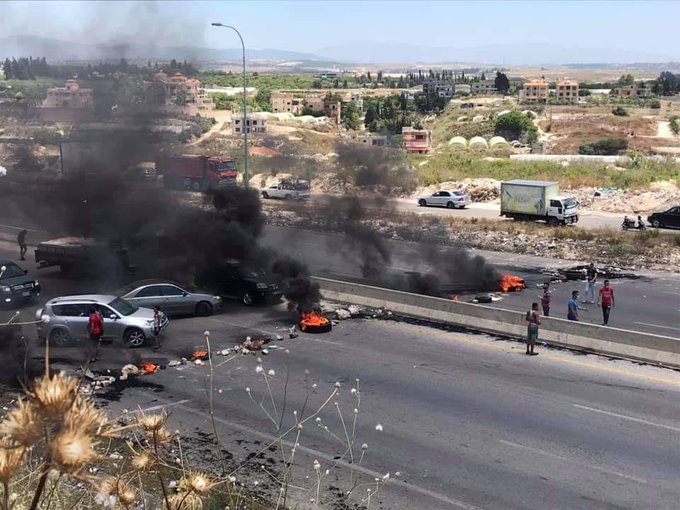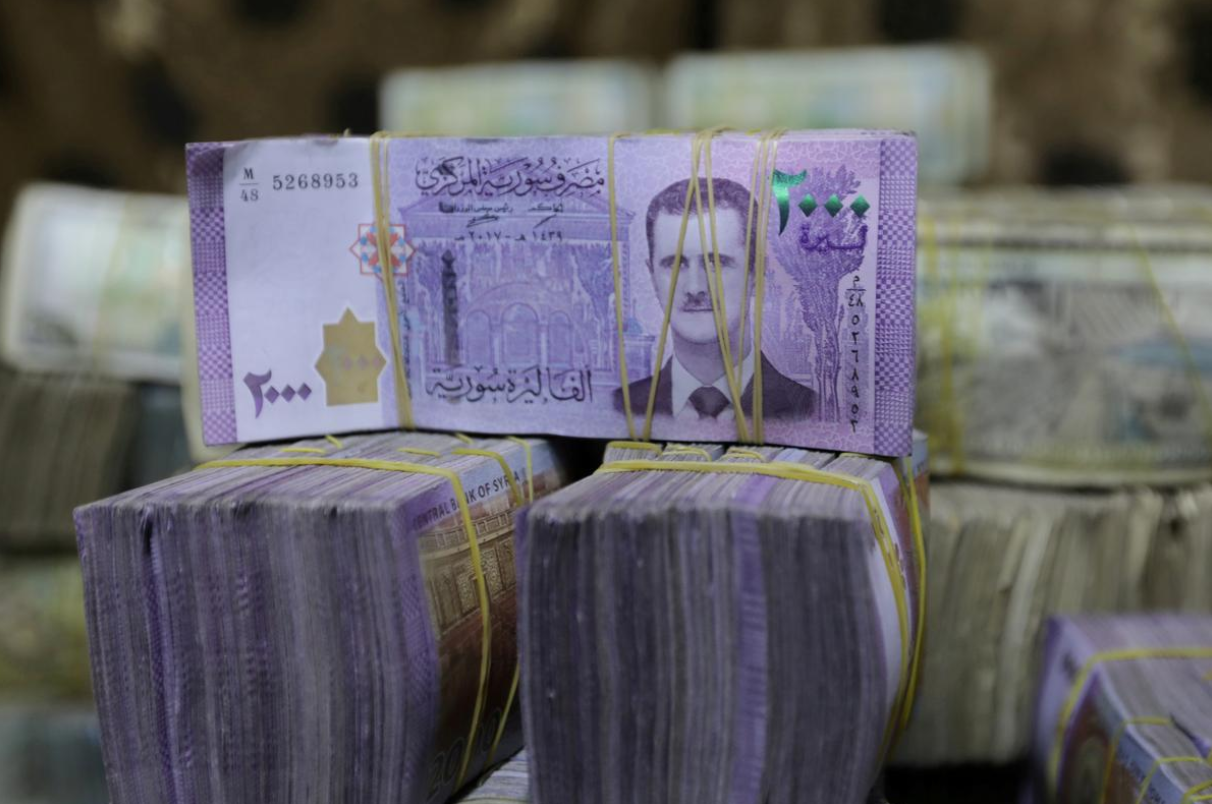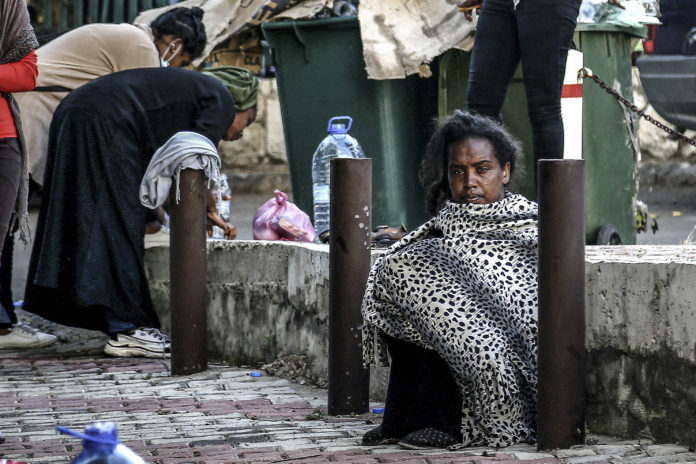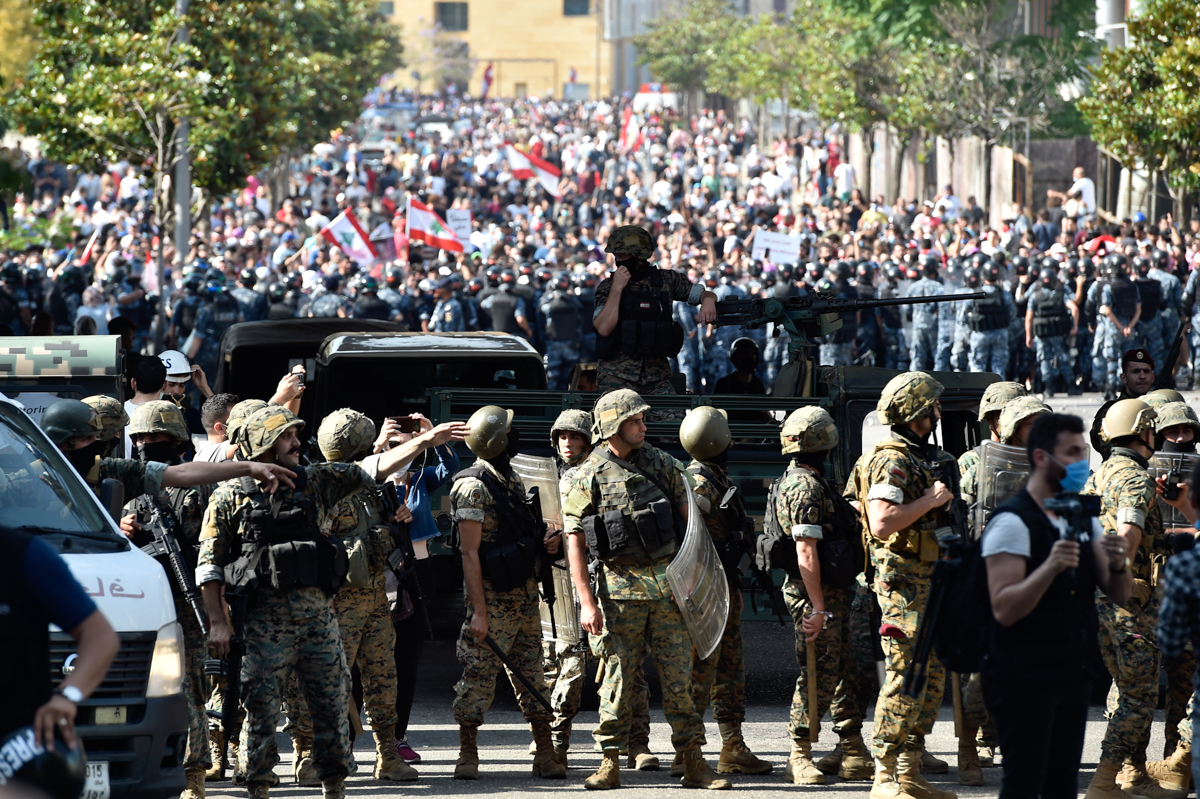Lebanese bakeries saw massive crowds on June 27 amid news of a looming bread shortage as Lebanon’s currency collapses against the dollar.
Although Lebanese bakers sell bread for the local currency, they must pay for flour in dollars from millers who import wheat from abroad. After the Lebanese pound took yet another dive in value, many in the country fear a shortage in flour, and by extension, bread.
من طوابير المصارف الى طوابير الصرافين والان امام الافران لشراء الخبز#لبنان_ينهار pic.twitter.com/xLVDn48OJn
— Pamodidylana (@pamodidylana) June 27, 2020
The Head of the Union of Bakeries Syndicates, Ali Ibrahim, said bread will no longer be available until bakeries have a solution for their losses.
Pictures of citizens’ queues at the entrances to the bakeries provoked the activists to condemn the government, the ruling political class, and on Hezbollah and the gangs that smuggle flour from Lebanon into Syria.
Protests have engulfed the streets of Lebanon since October 17 in light of the suffocating economic crisis in Lebanon that has left tens of thousands of Lebanese without a source of income.
Protestors are accusing the political elite of corruption and the inability to find solutions to the country’s crises.
The repercussions of the economic collapse, which is the worst in decades, left no social group unscathed and triggered an unprecedented wave of high prices amid a severe liquidity crisis and the scarcity of the dollar.
The crisis also appears to have led to the emergence of a new market to meet the needs of some poor families.
The “Lebanon Swaps” Facebook page shows the need for some basic foodstuffs, with some citizens offering to exchange personal and household items for infant formula, cooking oil, or bread.
العالم بلّشت تبيع عراض بيتها.
فوتو عغروب فايسبوك اسمه لبنان يقايض و شوفوا المصايب.
السياسيين بيعرفوا عن هيدي الأزمة من ٤ سنين. الخبراء حكيوا عنها بالجرايد، بس كان آخر همهم. انتو آخر همهم.
بعرف كتار ما زالوا بدافعوا عن زعيمهم، بحب قلكم انتو جزء من المشكلة و سبب تعجرف الزعماء pic.twitter.com/BsAFImuq0G— Alien ?فضائي (@The_Engineer961) June 27, 2020
Lebanon’s economic crisis
The crisis has left nearly half of the population living below the poverty line, according to the World Bank, with economic experts expecting the decline of the middle class in a country that was famous for its facilities, services, and creative initiatives of its people.
Since the assassination of former Lebanese Prime Minister Rafik al-Hariri on February 14, 2005, Lebanon has seen periodic political and economic crises and protests against its sectarian government.
The first major protest broke out in 2015 when authorities closed the main landfill site near Beirut without arranging an alternative, causing waste to fill the streets and signaling the government’s inability to provide for the basic needs of the Lebanese people.
In 2019, as the economy stagnated and capital inflows slowed, the Lebanese government faced pressure to control an immense budget deficit. Protests erupted again after the government failed to make progress in reforming the economy that would have garnered foreign support and instead taxed the internet.
Demonstrators accused the government of corruption and economic mismanagement, and Prime Minister Saad Al-Hariri resigned as the crisis worsened. A liquidity crunch on hard currency pushed banks to impose tight restrictions on cash withdrawals and transfers abroad.
After years of failed economic policies, Lebanon now shoulders a sovereign debt of more than 170% of its GDP and went into default in March. Talks with the International Monetary Fund (IMF) are ongoing as the local currency continues to drop, losing approximately 70% of its value in a matter of weeks, wreaking havoc on the middle class and plunging the lower class deeper into poverty.

